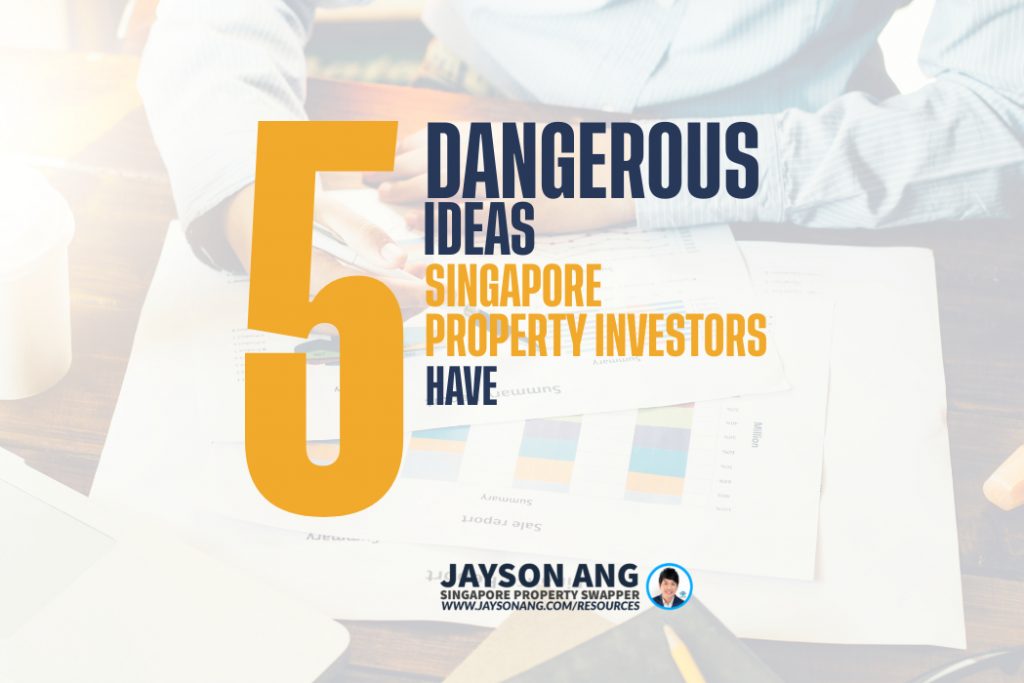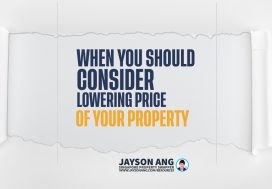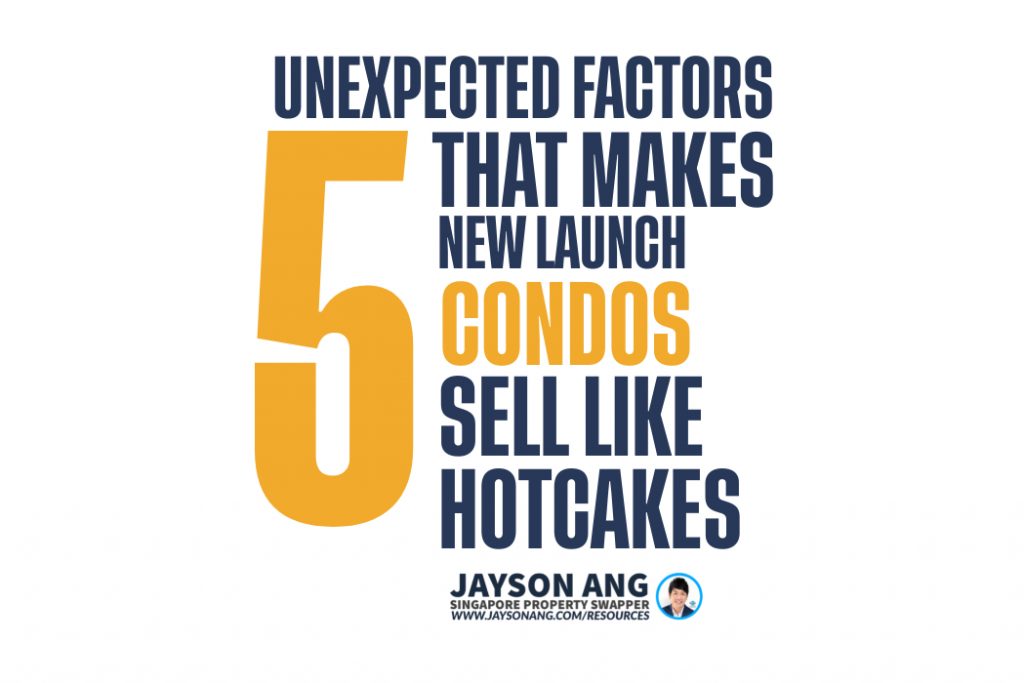TLDR
When considering property investments in Singapore, it’s crucial to monitor home loan interest rates closely. Even a slight increase can significantly impact your finances over time. Keep an eye on your CPF withdrawal limit, as overspending could lead to complications in the future. Rising interest rates may also affect the Total Debt Servicing Ratio (TDSR), potentially requiring a larger down payment and posing challenges for refinancing. Seek strategic real estate advice and consider market trends before deciding to buy, sell, or wait.
Gotta admit, the whole subject of financing, especially home loans, can be a snooze fest. It’s all sorts of complex and makes your eyes glaze over just thinking about it. That’s probably why most folks don’t pay much attention to home loan interest rates. But hey, you might’ve heard some chatter about rates going up. What you might not have caught on to is just how big of a deal this is shaping up to be. So, let’s break down why we need to keep a closer eye on these mortgage rates:
1. You could be paying much more than you think
A minor hike in home loan rates might not seem like a big deal, right? You might think it’s just a tiny bump because you’re making payments each month, and it feels like you’re only adding a little bit extra. Or maybe you’re paying with CPF, which makes it feel like you’re not even noticing the increase.
Let’s break this down a bit further. We’ve calculated how these rate changes could impact different property values, ranging from $500,000 to a whopping $3 million. Our calculations are based on a mortgage that’s 75% of the overall price, and we’ve used a 25-year loan term for the $500K property and a 30-year term for those juicy $1 million+ properties.
Just imagine, if you’re paying roughly 3.5% each year (which is the average home loan rate in 2023), over time you’ll end up shelling out nearly a quarter of your property’s value just on interest alone.
If you’re living in your own home, this can be a real worry when you think about how much – or how little – is left in your CPF for when you retire. For those who own properties as an investment, your place needs to increase in its worth quickly enough to make up for the extra cost of that interest.
A popular solution is to rent out your property. This way, the rent you get can cover the interest and you can even use the interest portion for a tax write-off. But, if you don’t rent your place, you’re basically crossing your fingers and hoping the property’s value goes up quicker than the interest on your loan.
2. There is a CPF withdrawal limit
Imagine your house is worth a cool million. Your CPF lets you tap into up to 120% of that value, so you’ve got $1.2 million to play with right off the bat. But once you’ve used up that amount, it’s cold, hard cash from then on.
Now, if you’re just using CPF to cover your home loans and nothing else, you’re unlikely to max out this limit due to interest alone. However, most folks in Singapore are also dipping into their CPF for the initial down payment (capped at 20% of the property price or value, whichever is less), footing the bill for things like the Buyers Stamp Duty (BSD) or Additional Buyers Stamp Duty (ABSD), and even covering the conveyancing fees.
We can’t give you an exact picture because everyone’s different. Some people have taken more from their CPF than others, putting them in a riskier position.
By logging into your CPF account, you can see how much more you can withdraw before you hit the ceiling.
But here’s the thing: overspending from your CPF could mean hitting the withdrawal limit earlier than expected. If you’re not careful, you might find yourself in a sticky situation when you’re 55 or 65 and suddenly realize you’ve reached the limit but don’t have a job to cover the monthly expense.
3. The floor rate for the TDSR will rise along with interest rates
The Total Debt Servicing Ratio (TDSR) is a fancy term that puts a cap on your monthly home loan at 55% of your income, counting all your other debts too. When we work out this TDSR thing, we use a minimum rate of four per year.
This rate is usually higher than the common home loan rate. Why? It’s to make sure you can handle things if interest rates decide to go up. So, if the typical home loan rate climbs, our minimum rate needs to climb with it.
With the way home loan rates are skyrocketing, it’s going to be tricky for borrowers to keep up with the TDSR.
If you overshoot that 55% TDSR boundary, you’ll need to cough up a bigger down payment, until the loan repayment tucks itself nicely under the TDSR limit. And that’s how rising interest rates could end up squeezing more cash out of your pocket when you’re buying property.
For current borrowers, there’s also a higher risk of refinancing problems.
Let’s say you want to switch your home loan to a different bank. You’ll need to go through all those checks again. You know, the new bank will want to peek at your credit score, see if you fit into the TDSR, and stuff like that.
This could be a headache if you took out your home loan a while back. For instance, those who bought in 2013 had it easy – the minimum rate for the TDSR was only 3.5%, and the limit was 60%. Some borrowers would’ve qualified under those conditions, but they might not make the cut with today’s higher minimum rate and lower TDSR limit (55%).
Borrowers who don’t meet the criteria for a new loan can’t refinance. That could mean they’re stuck with their bad loan package for years on end.
Should You Buy, Sell or Wait?
If you’re reading this, you must be trying to figure out the best course of action right now: is it the right time to buy or sell?
It’s difficult to give an exact answer since everyone’s situation is unique and what works for one person may not necessarily work for you.
I can bring you a wealth of on-the-ground experience and a data-driven approach to provide clarity and direction. From beginners to experienced investors, our top-down, objective approach will help you on your real estate journey.
I can help you by:
- Offering Strategic Real Estate Advice – I can help create a comprehensive plan to guide you through your property journey.
- Connecting Your Home with the Perfect Buyers – Through stunning visuals, an effective communication strategy, and an in-depth knowledge of the market, we’ll ensure your home is presented in the best possible way to fulfill your goals.
You May Also Like …









































































